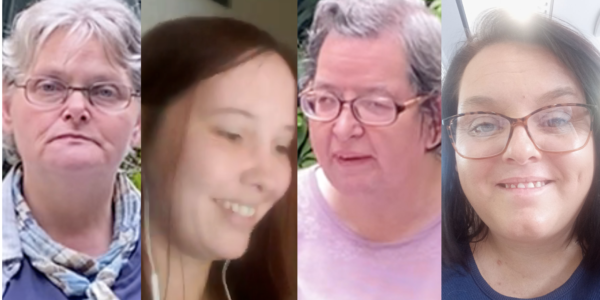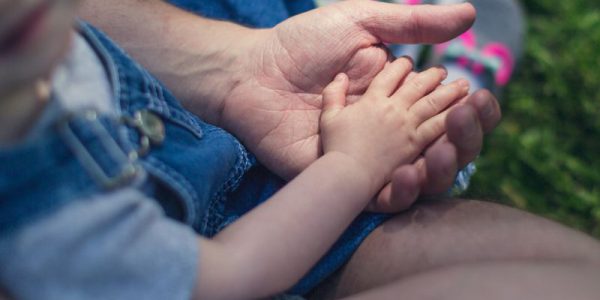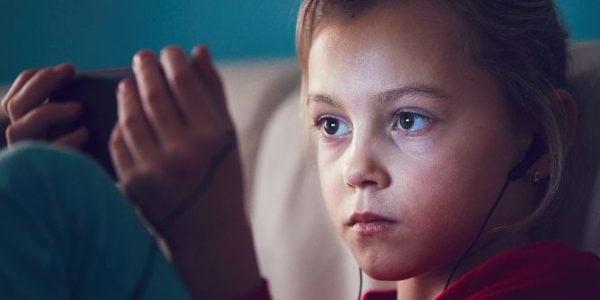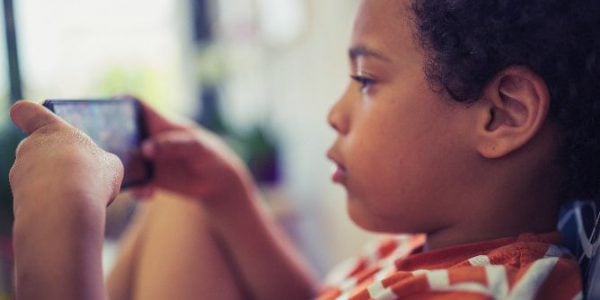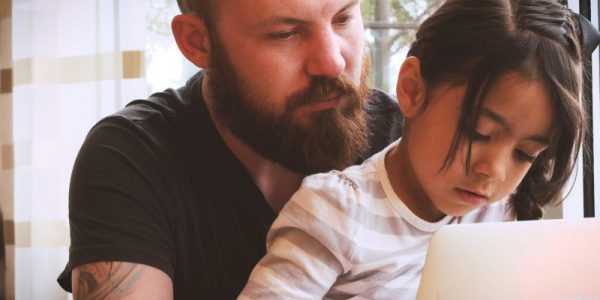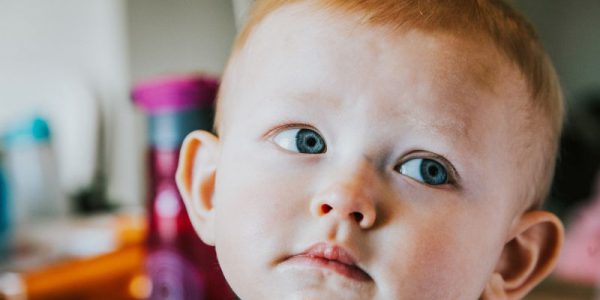Maintaining relationships between children and families
How can children in care be supported to maintain the relationships that are important to them throughout their lives?
Menu
Our aim is for decisions about contact between children in care, or adopted, and their birth families to be grounded in evidence about what works best for children.
Why we need research into how relationships are maintained between children and families
There is increasing recognition of the importance of supporting children to understand their history and identity to maximise healthy well-being and development. Despite this, decision-making about how contact is managed between children and their birth families when they are placed for adoption, removed from home through care proceedings, or voluntarily looked after by local authorities has evolved very little in recent years.
As a result, contact arrangements can be rigid and outdated. For example, ‘letterbox’ contact – the most common arrangement for the vast majority of adopted children – was designed for a pre-digital age and might not meet the needs of children and families now.
What we are doing
- We are bringing together the latest research and evidence to inform and inspire innovation in decision-making related to contact and how children are supported to maintain the relationships that are important to them throughout their childhoods.
- Our review of UK and international literature on the risks and protective factors around contact between children and birth families, carried out by NatCen Social Research and the University of Sussex, brings together what is known about the implications for the well-being of children and young people who have been separated from their birth parents.
- During the first lockdown in 2020 we commissioned rapid studies into how contact was being managed (carried out by the University of East Anglia) and the effects of digital contact on well-being (by NatCen Social Research).
- We have carried out a feasibility study into the potential role for digital in managing children’s contact in adoption, bringing together young adoptees, adoptive parents, birth parents, adoption agencies and local authorities and inspiring a set of pilots trialling new approaches to managing contact. From this, two live digital pilots are now being tested: Letter Swap, which has been launched by Link Maker and the National Adoption Team, and ARC Adoption North East’s new Comms App.
- Together this work has helped to provide a catalyst for the system to reconceptualise the adoption journey and what permanency looks like for children in the 21st century. Nuffield FJO continues to provide key research evidence and convene change-makers to consider how to modernise contact arrangements for all children post adoption.
Explore our research on contact
Type
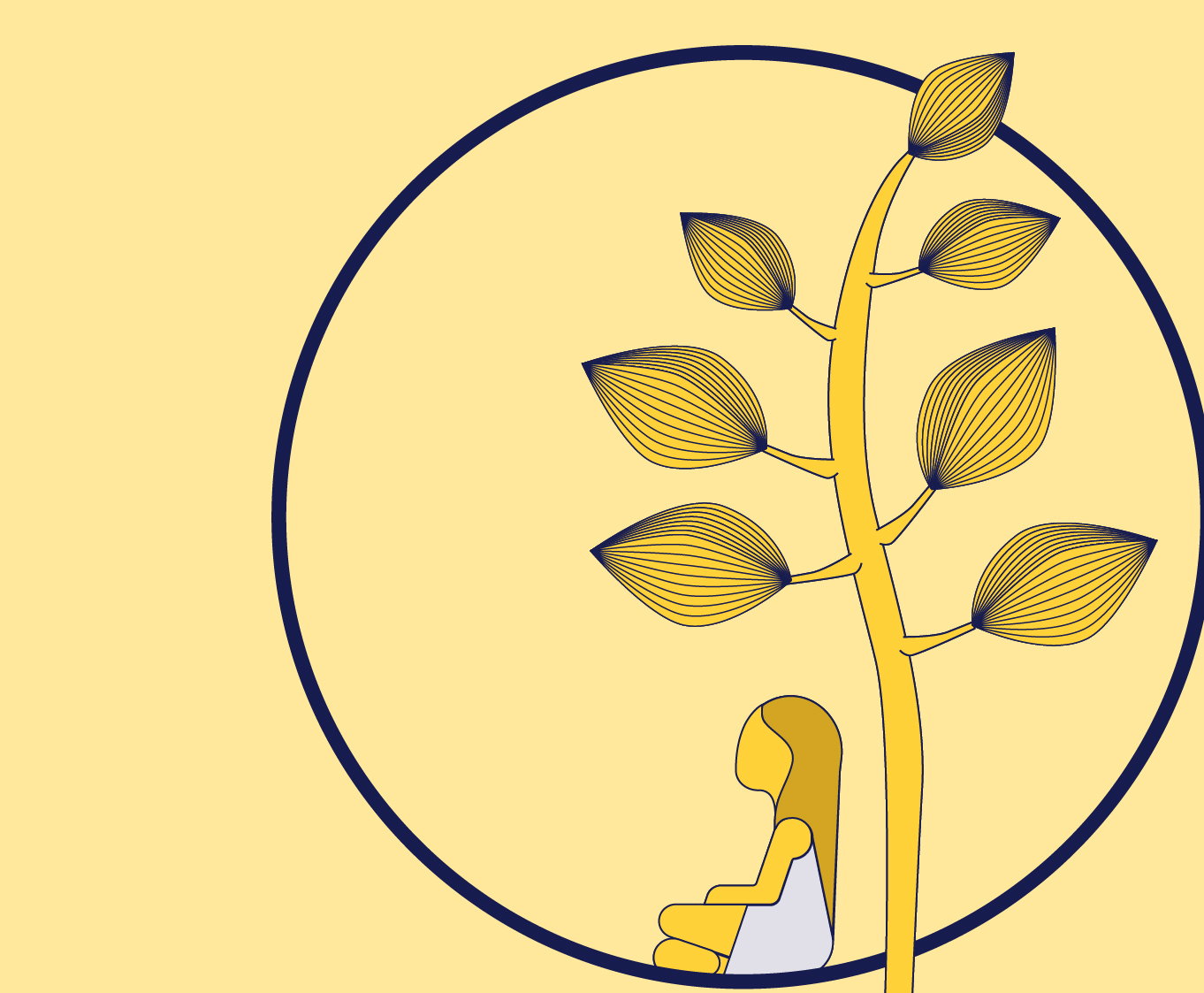
Infographic
What do we know about children in the family justice system?
Our infographic pulls together what we know, and what we don’t know, about children’s journeys through the family justice system from national data.



